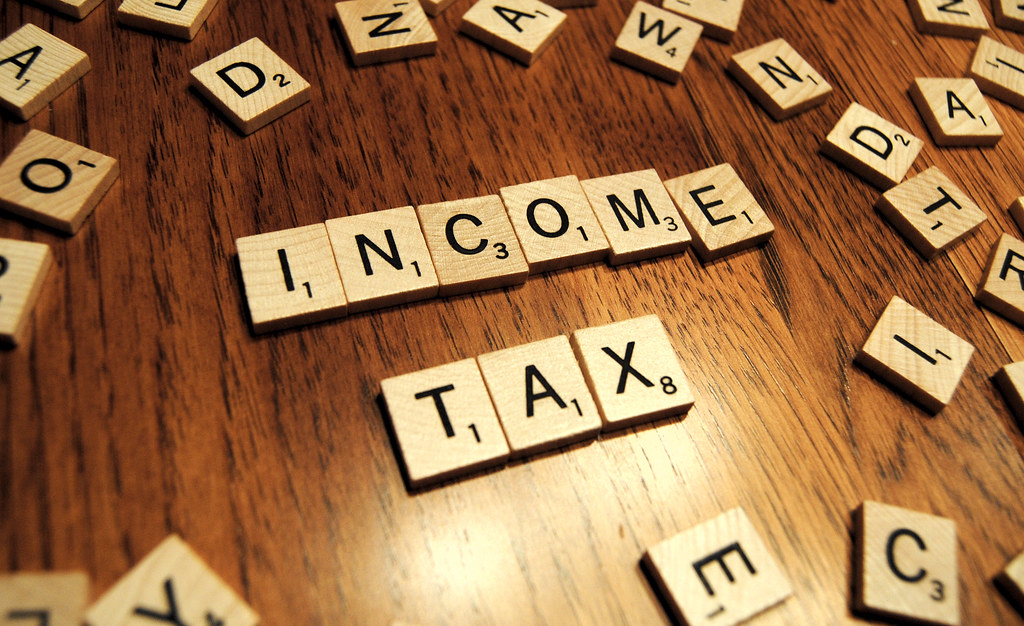Understanding Section 10(20) of the Income Tax Act: Exemptions for Local Authorities
When it comes to local authorities, the government provides certain tax exemptions under Section 10(20) of the Income Tax Act. This section plays a crucial role in enabling local bodies to focus on public welfare and infrastructure development by alleviating their tax burden. In this blog, we will delve into the intricacies of Section 10(20), explore the eligible entities, understand the types of exempted income, and review relevant case laws to provide a comprehensive understanding of this provision.
What is Section 10(20) of the Income Tax Act?
Section 10(20) of the Income Tax Act offers an exemption from income tax to specific local authorities. This exemption covers various types of income, ensuring that local authorities can utilize their funds effectively for developmental activities without the burden of taxation.
Eligible Income Under Section 10(20)
The following types of income of a local authority are exempt under Section 10(20):
Income from House Property:
Any income derived from house property owned by the local authority.
Capital Gains:
Profits or gains arising from the transfer of a capital asset.
Income from Other Sources:
Other miscellaneous income not falling under any specific head.
Income from Trade or Business:
- Income from any trade or business carried out by the local authority, provided it arises from:
- The supply of a commodity or service (excluding water or electricity) within its jurisdictional area.
- The supply of water or electricity within or outside its jurisdictional area.

Case Laws Related to Section 10(20)
Understanding the application of Section 10(20) can be further enhanced by looking at relevant case laws:
Municipal Corporation of Delhi vs. CIT (1994)
Facts:
The Municipal Corporation of Delhi claimed an exemption under Section 10(20) for its income from property, investments, and other sources.
Ruling:
The Supreme Court held that the Municipal Corporation of Delhi was eligible for exemption under Section 10(20) as it met all the necessary criteria.
Panchayat Samiti vs. CIT (2007)
Facts:
The Panchayat Samiti received grants from the government and claimed an exemption under Section 10(20).
Ruling:
The court ruled in favor of the Panchayat Samiti, confirming that the grants received from the government for public welfare activities are exempt under Section 10(20).
Ahmedabad Urban Development Authority vs. ACIT (2017)
Facts:
The Ahmedabad Urban Development Authority claimed an exemption for income from property held under trust for public purposes.
Ruling:
The court held that the income derived from the property held under trust for public purposes by the Ahmedabad Urban Development Authority is exempt under Section 10(20).
Frequently Asked Questions (FAQs)
1. What is the primary purpose of Section 10(20)?
The primary purpose of Section 10(20) is to provide tax exemptions to local authorities, enabling them to utilize their funds for public welfare and infrastructure development without the burden of income tax.
2. Which local authorities are eligible for exemption under Section 10(20)?
Eligible local authorities include Panchayats, Municipalities, Municipal Committees, District Boards, and Cantonment Boards as defined in the relevant laws and constitutional provisions.
3. What types of income are exempt under Section 10(20)?
Income from house property, capital gains, income from other sources, and income from trade or business carried out by the local authority are exempt, provided certain conditions are met.
4. Can income from the supply of water or electricity be exempt under Section 10(20)?
Yes, income from the supply of water or electricity within or outside the jurisdictional area of the local authority can be exempt under Section 10(20).
5. Are there any case laws that support the application of Section 10(20)?
Yes, several case laws, including Municipal Corporation of Delhi vs. CIT (1994) and Panchayat Samiti vs. CIT (2007), support the application of Section 10(20) for exempting the income of local authorities.
6. How can local authorities ensure compliance with Section 10(20)?
Local authorities should maintain accurate records of their income sources and ensure that their income falls within the categories specified under Section 10(20). Consulting with tax professionals and staying updated on relevant case laws can also help ensure compliance.
7. What is the significance of the jurisdictional area in Section 10(20)?
The jurisdictional area is significant as it determines the scope within which the local authority can supply commodities or services to qualify for the exemption. Income from services supplied within or outside this area can impact the eligibility for the tax exemption.
8. Does Section 10(20) apply to private entities or individuals?
No, Section 10(20) specifically applies to local authorities and not to private entities or individuals. The section is designed to benefit public bodies engaged in local governance and public welfare activities.
Conclusion
Act provides significant tax relief to local authorities, enabling them to focus on essential public welfare and infrastructure development projects. By understanding the eligible income, definitions, and relevant case laws, local authorities can effectively utilize this provision to maximize their resources for the benefit of the community.
For more detailed articles on various sections of the Income Tax Act and other tax-related topics, visit Smart Tax Saver. Stay informed and make the most of the tax provisions to benefit your organization and community.

Leave a Reply